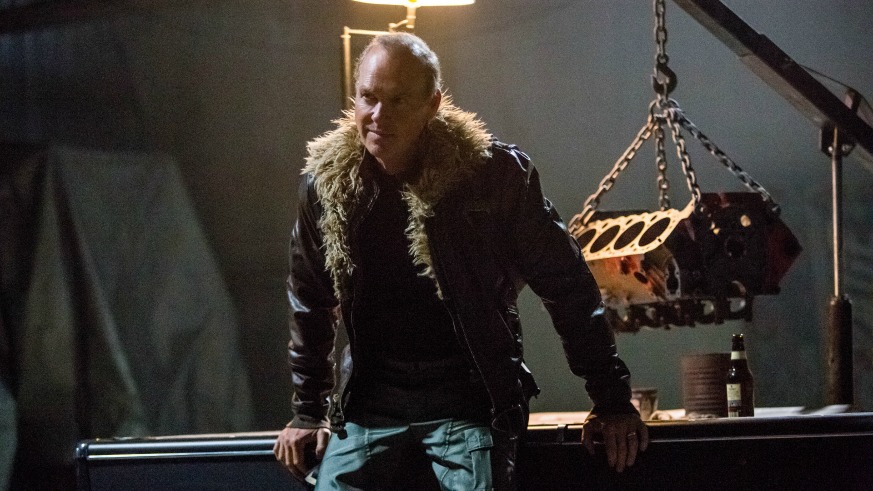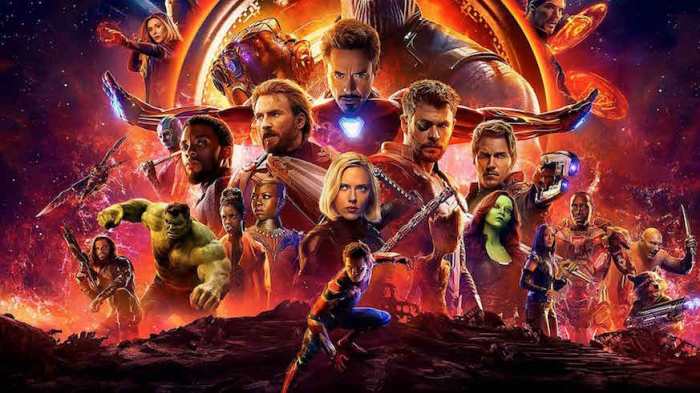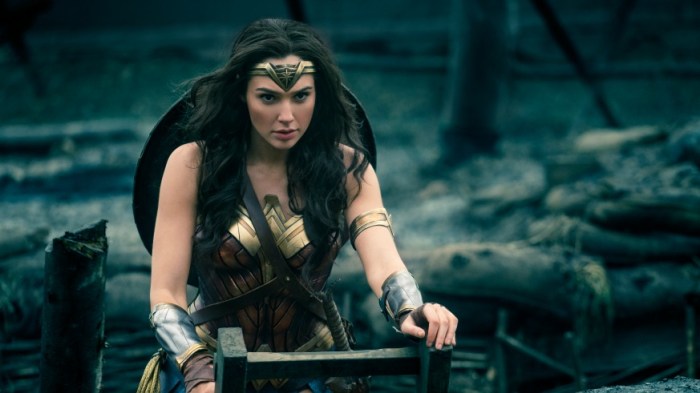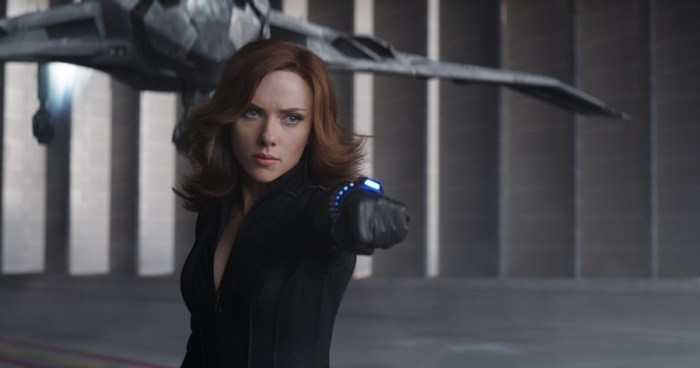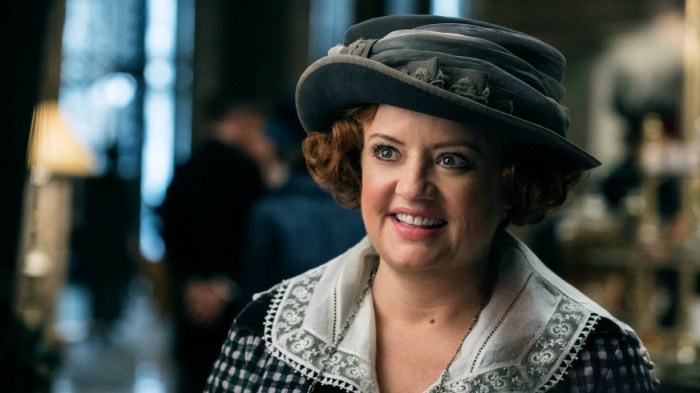Let’s jump past the part about how in “Spider-Man: Homecoming,” Michael Keaton finally gets to play a birdman. We won’t even talk about how one of the classic superhero actors is now playing the villain — that is, the metal-winged Vulture, a blue-collar schnook gone bad. Those angles are too obvious and, to its eternal credit, the movie makes no wink-wink gestures about the stunt casting. Instead, let’s talk about something far more important: How Keaton’s Vulture is one of the few decent comic book movie villains in our current comic book movie age.
In the old days, the biggest problem with superhero movies was there were too many baddies. The first big comic book movies kept things simple; they only had one. Lex Luthor. The Joker. Then they got too big for their britches. “Batman Returns” had two but it made it work; Catwoman and the Penguin were each mirrors of two different sides of Bruce Wayne’s psyche. (Also, Michelle Pfeiffer and Danny DeVito were tops. Which one would you cut?)
Then came “Batman & Robin.” It had two, but Ah-nuld’s Mr. Freeze and Uma’s Poison Ivy were such charisma vacuums — and both far too in love with pun-ishing us (see what I did there) — that they made an already cluttered film feel like a 125-minute caning. “Spider-Man 3” had three — two of them slipped in at the end like CGI anticlimaxes.
When the Marvel Cinematic Universe revolution came, the comic book giant solved this problem: They simply made the villains crappy and forgettable.
So it’s gone for nearly a decade: Our superheroes are rock stars, but their adversaries are like the drummers for Spinal Tap — interchangeable, except for that one who died of spontaneous combustion. Except that none of the Marvel (or DC) villains are cool enough to have died of spontaneous combustion. Which was the one with the aliens who teleported into London? Were there even baddies in “Guardians of the Galaxy”? Each villain is some rando hell-bent on world domination or planet destruction or something. Unless they’re Tom Hiddleston’s Loki, though he’s not a mere villain — more like an anarchist goofball who enjoys switching between baddie and anti-hero.
Though 2017 has been a record low year in terms of just about everything, there have at least been encouraging signs at the movies. “Get Out” made a mint. Bad franchises have started dying. “Baby Driver” is poised to be a sleeper hit. And so far we have two good-to-really good comic book movie villains.
The first was Kurt Russell’s Ego in “Guardians of the Galaxy Vol. 2.” Casting an acting legend in a baddie role hasn’t been a sure sign of success with Marvel; even Jeff Bridges is the sole weak link of the first “Iron Man,” the presence of the Dude himself and his funky bald head-Grizzly Adams beard combo notwithstanding. But not only did Russell bring his Kurt Russell-ness to a meaty role in a summer blockbuster, he also had stuff to do. Ego is a charmer, but a charmer who’s also a psychopath. He’s convinced he’s right to want to destroy the universe. He even cited a willfully obtuse mis-reading of the ’70s soft rock classic “Brandy (You’re a Fine Girl)” as proof that he’s in the right. You’re conflicted because Ego’s so very Kurt Russell, but his crunchy throwback man’s man vibes only serve to mask his inner maniac.
Now there’s Keaton’s Vulture, aka Adrian Toomes. He’s a classic ambivalent villain — a good guy gone wrong. Most comic book movie villains are one-note: They must destroy everything just cuz. The best villains conjure up that endlessly quoted Jean Renoir line we paraphrase but reluctantly: They have their reasons.
“Spider-Man: Homecoming” even opens with Adrian, giving us his quickie origin story before the title card. It shows how he was the head of a salvage company booted from a primo job by mega-capitalist Tony Stark (Robert Downey Jr.). He and his family would have been destitute. He would have lost his house. But he just happened to nick some of that alien tech left behind during the Manhattan-wrecking climax of the original “Avengers.” One thing leads to another, and a desperate man has become a flush-with-cash black market arms dealer preyed upon by that persnickety, precocious do-gooder Peter Parker (Tom Holland), who could destroy the upper middle class life he’s carefully eked out.
You never root for Adrian. But you understand him. You understand his pride, his desperation, his need to keep his family in their swanky suburban Queens digs. It’s misguided, but that’s how it goes when you’ve gone rogue to provide. Keaton doesn’t make him likable either. He’s menacing, hungry. A later scene that’s also a massive spoiler complicates this a bit, but he remains dangerous and unpredictable. (Keaton’s also, it must be said, way better used here than he was in “Birdman.” “Homecoming” taps into what Keaton’s best at: energy, edge, dark comedy.)
To be honest, “Homecoming” doesn’t quite stick the landing. Adrian’s fate deviates from the Marvel movie villain norm, but it’s still a little sloppy, a little under-thought-out. But it’s the thought that counts. And the thought is that a superhero movie is only as good as its supervillain — or at least that’s how it should be.
Follow Matt Prigge on Twitter @mattprigge

